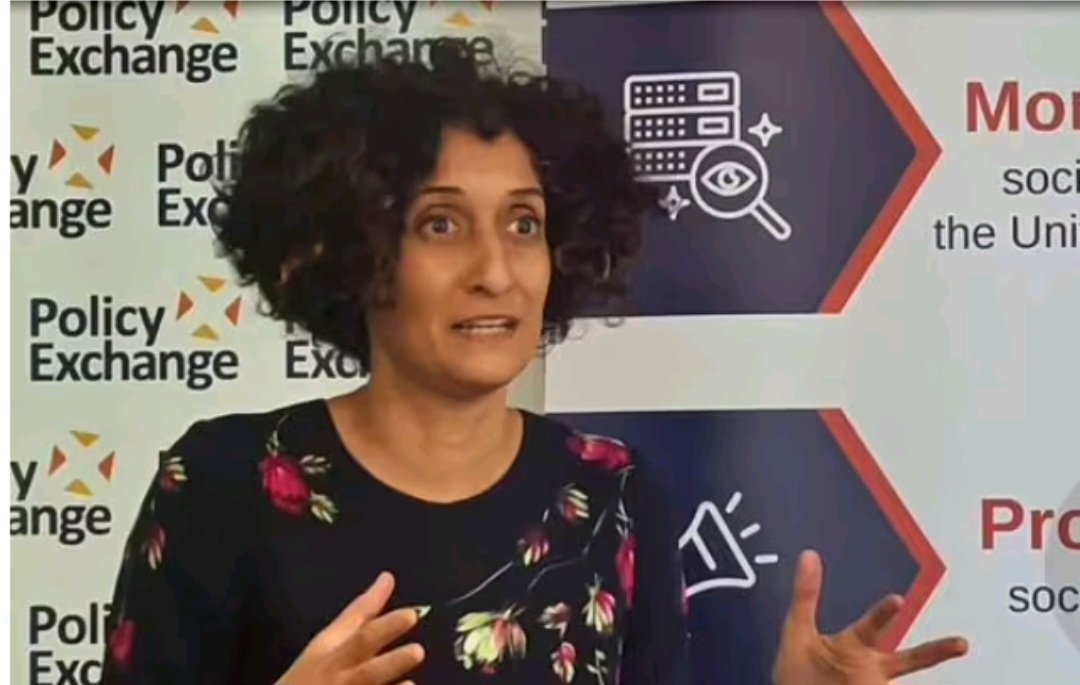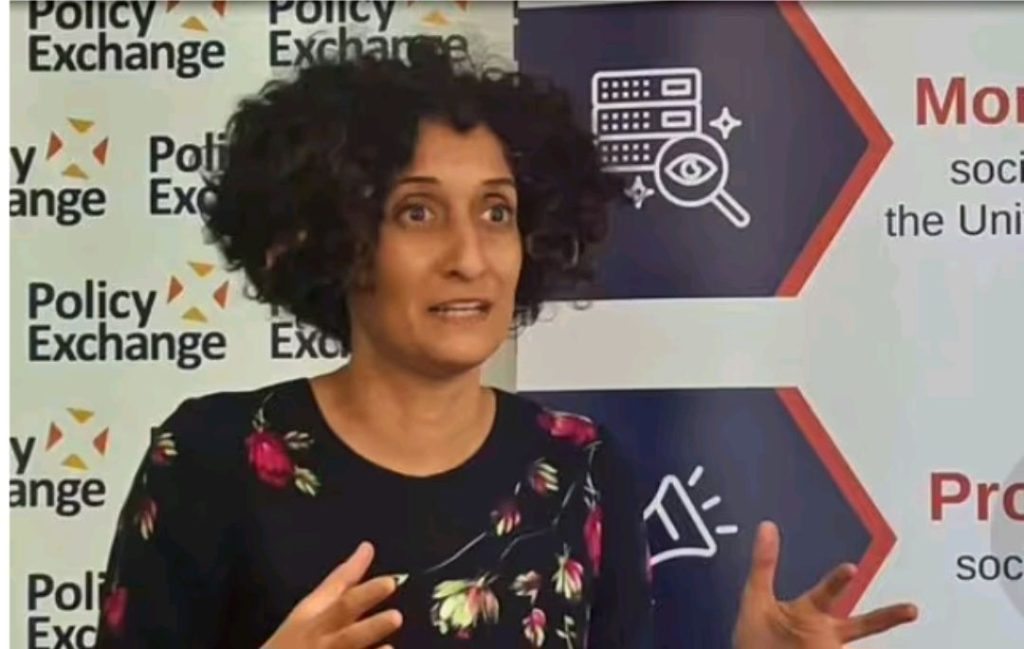
According to a report by Express, in a landmark case that has sparked debate across the country, a Muslim student has lost her High Court challenge against Michaela Community School in Brent, widely known as Britain’s strictest school.

The student, who has chosen to remain anonymous, was fighting against a ban on prayer rituals at the school, arguing that it infringed upon her religious freedom and discriminated against her faith.
The controversial policy, implemented by the school’s headteacher, Katharine Birbalsingh, prohibits students from engaging in any form of ritual prayer on school grounds. This includes traditional Islamic prayers, which are one of the five pillars of Islam and an integral part of Muslim faith and practice. The student argued that the ban was not only discriminatory but also uniquely impacted her as a Muslim due to the ritualised nature of Islamic prayers.
Despite her passionate arguments, the High Court ruled against the student, stating that the school’s policy did not unlawfully infringe upon her right to religious freedom. Justice Valerie Pearman, who presided over the case, emphasized that the school had a legitimate interest in maintaining order and discipline among its students, and that the ban on prayer rituals was part of a broader policy aimed at promoting academic excellence and social cohesion.
The ruling has sparked mixed reactions from religious and educational communities alike. Supporters of the school’s policy applauded the court’s decision, arguing that schools should have the right to set rules and regulations that are in line with their ethos and values. They contended that allowing prayer rituals on school grounds could disrupt the learning environment and potentially alienate students who do not share the same religious beliefs.
However, critics of the ruling have raised concerns about the impact it may have on religious freedom in schools. They argue that the ban on prayer rituals at Michaela Community School sets a dangerous precedent and sends a message to religious minorities that their faith practices are not welcome or respected. Some have also pointed out what they see as a double standard, noting that other faith-based practices, such as Christian prayers or Sikh kirtan, are still allowed at the school.
The student’s legal team has indicated that they are considering appealing the High Court’s decision, citing concerns about the broader implications of the ruling for religious freedom in schools. They argue that the ban on prayer rituals at Michaela Community School amounts to a form of indirect discrimination against Muslim students, as it disproportionately impacts their ability to practice their faith openly and freely.
In response to the ruling, a spokesperson for Michaela Community School defended the ban on prayer rituals, stating that the school’s primary focus is on academic excellence and character development. They emphasized that the school welcomes students from a diverse range of backgrounds and faiths, but that all students are expected to adhere to the same rules and expectations in order to create a cohesive and harmonious learning environment.
As the debate continues to unfold, it remains to be seen how this case will impact the wider conversation around religious freedom and diversity in schools. The ruling has reignited discussions about the balance between religious rights and school regulations, and the extent to which schools can limit students’ freedom of expression in the name of discipline and order. With both sides firmly entrenched in their positions, it is clear that this issue is far from being resolved.




